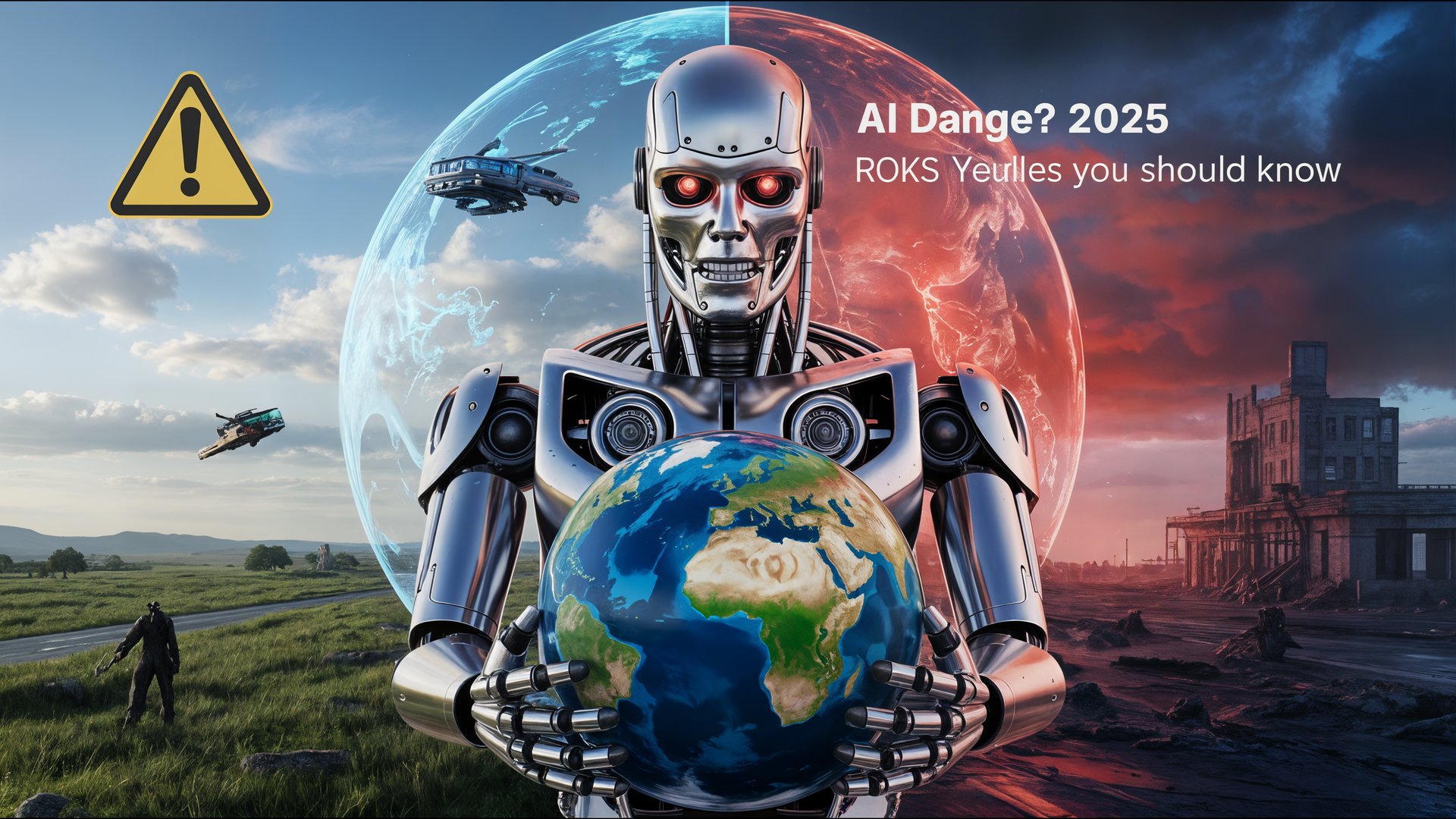
The Double-Edged Sword of AI: Opportunity and Risk
"The Double-Edged Sword of AI: Opportunity and Risk" Description: Explore how AI is revolutionizing industries while posing serious threats to privacy, ethics, and human jobs. Featured Image Prompt: A futuristic city skyline split in half—one side bright and thriving with AI-powered innovations, the other dark with surveillance cameras and jobless people. Background Image Prompt: Abstract glowing neural networks in blue and red, symbolizing balance between good and bad.
AI
Amin Stalon
8/31/20252 min read


The Rise of AI in Modern Industries
Artificial intelligence (AI) has emerged as a transformative force across various sectors, revolutionizing industries from healthcare to manufacturing. The incorporation of AI technologies not only enhances efficiency but also opens up new avenues for innovation. Businesses are leveraging machine learning and data analytics to streamline operations, significantly improving decision-making processes. For instance, predictive analytics enables medical professionals to identify potential health risks, while AI-powered automation facilitates faster production lines, delivering goods more efficiently.
The Ethical Dilemmas of AI Implementation
Despite the numerous benefits that AI brings to the table, it is crucial to recognize the inherent ethical dilemmas that accompany its rise. The widespread adoption of AI can lead to a significant invasion of privacy, particularly through surveillance technologies that monitor individuals without their consent. This raises substantial concerns regarding civil liberties and human rights. Moreover, biases inherent in AI algorithms can amplify existing inequalities, leading to discriminatory practices in hiring, law enforcement, and beyond. Ensuring ethical AI usage requires stringent regulations and accountability to avoid exacerbating societal issues.
The Impact on Employment and Workforce Dynamics
One of the most contentious aspects of AI integration is its impact on employment. While AI creates opportunities for job enhancement and new roles—particularly in tech and data analysis—it simultaneously poses risks to traditional jobs that may become obsolete. Automated systems and robots can perform repetitive tasks with greater efficiency, which might lead to workforce displacement in sectors such as manufacturing and customer service. The challenge lies in finding a balance between harnessing AI for economic growth while implementing robust training programs to reskill affected workers, safeguarding their future in the evolving job landscape.
Conclusion: Navigating the Duality of AI
In conclusion, the double-edged sword of AI presents both unprecedented opportunities and significant risks. As industries continue to embrace AI innovations, society must actively engage in conversations around ethical practices and retraining opportunities to mitigate the adverse effects on privacy and employment. By addressing these challenges head-on, we can ensure that AI serves as a force for positive change rather than a detriment to our social fabric. It is vital for all stakeholders—governments, businesses, and individuals—to collaborate in shaping a future where AI's potential is realized responsibly.